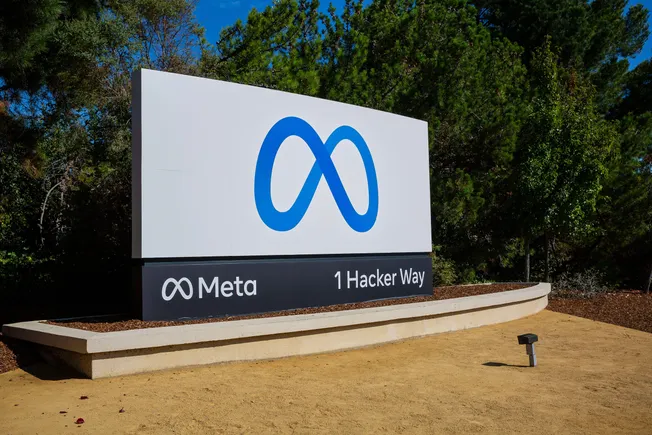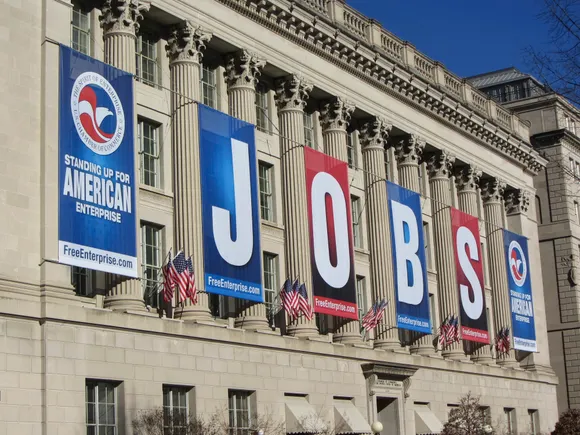Dive Brief:
- Organizational silos — where employees are divided into distinct groups for different purposes — are a reality in today’s workplace, but they can slow team innovation and cause stress and confusion, according to Miro’s 2025 Momentum at Work Report, released Sept. 9.
- Three reasons for workers’ struggle stood out: 79% of respondents blamed constant emails and messages, 57% said they have to redo work in different tools or apps, and 55% pointed to endless reporting and updates, the survey found.
- Knowledge workers face sprawling maintenance tasks, which they say decrease their productivity and cause them to struggle with their workload, according to the report.
Dive Insight:
The findings represent the survey responses of 6,148 full-time knowledge workers from diverse industries across eight global markets, including the U.S., U.K., Australia, Germany, Japan, France, the Netherlands and the Nordics. Two-thirds (63%) said silos cause information and data to be spread across too many tools, bogging down a team’s momentum.
A majority reported that silos hinder communication due to inconsistent norms or preferences across teams, and 51% said they impede true cross-functional collaboration. Nearly half agreed the problem stems from outdated and legacy tools.
To cope with lost collaboration time during the workday, knowledge workers are working outside of regular hours when they say they can focus, although 55% said they’re working more and getting less done.
Longer hours may be cause for concern, even if linked to increased productivity, a Robert Half executive warned last year in a statement coinciding with the release of the firm’s report on productivity and burnout.
Nearly 7 in 10 managers said productivity has increased due to enhanced training and new technologies, including generative AI, according to the August 2024 report. But the executive cautioned that it’s critical to monitor employee well-being as advances in technology and enhanced processes improve efficiency.
A March report from Eagle Hill Consulting found that employees have ideas on how to solve inefficiency, but employers aren’t listening. Simply acting on workers’ ideas can improve engagement and drive productivity gains, the report said.






Leave a Reply